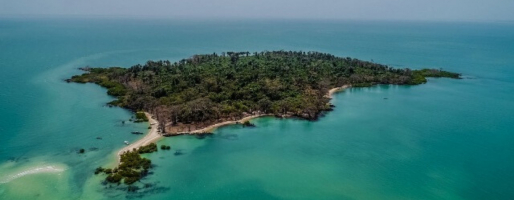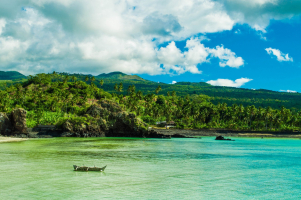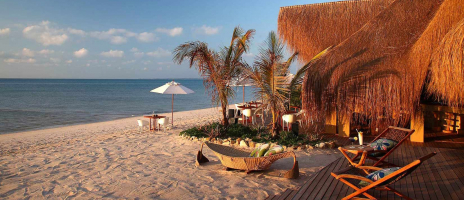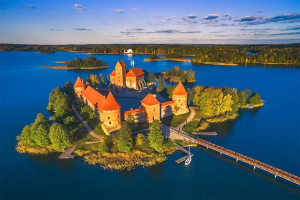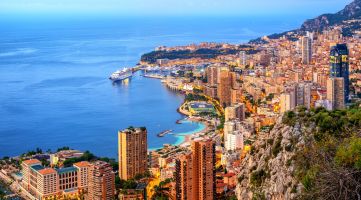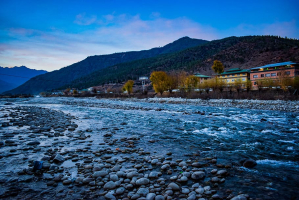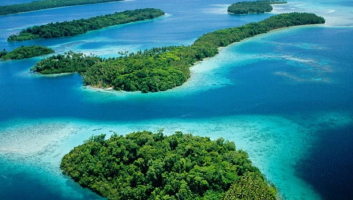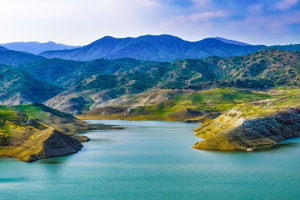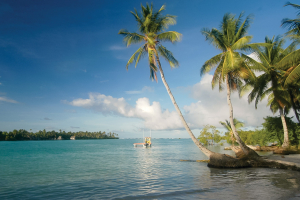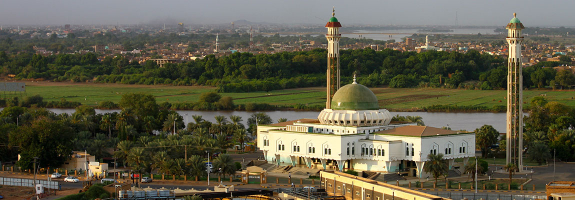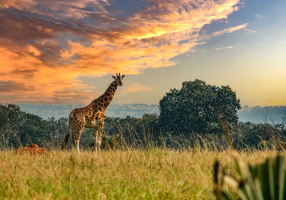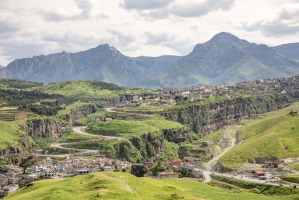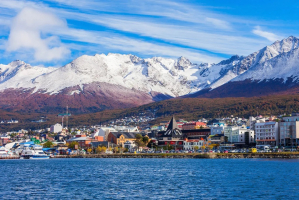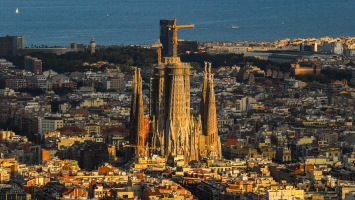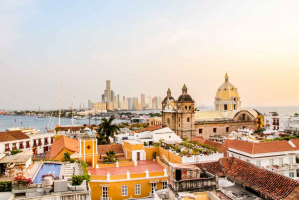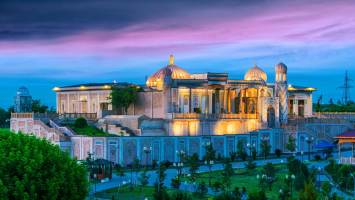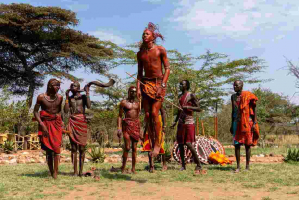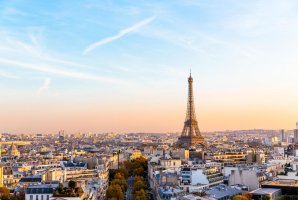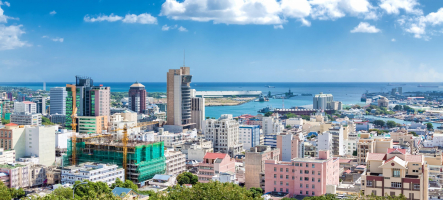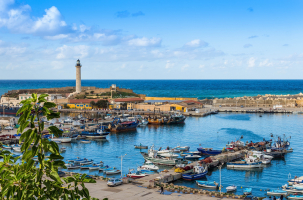Top 11 Things to Know Before Traveling to Eritrea
Has Eritrea risen to the top of your list of African nations you'd like to visit? Eritrea is a tiny nation in eastern Africa, notably in the Horn of Africa, on ... read more...the banks of the Red Sea. It is also one among the world's major providers of refugees. So, if you're planning a trip to Eritrea, there are things to Know Before Traveling to Eritrea.
-
While you may like to visit Eritrea and see the nation, you may be startled to learn that regular flights are not available. Eritrean Airlines, the national airline, offers little to no information on the internet and does not provide online booking services. This is one of the things to know before traveling to Eritrea.
According to available reports, the country's aviation fleet comprised of Boeing 737 and 767 aircraft that were reportedly grounded at the airport with no indications of life. The major airport, Asmara International Airport, is nearly usually desolate, and there are rarely any transport activities taking place.
If you wanted to visit Eritrea, you'd have to fly into one of the surrounding nations and then take a bus inside the country. Eritrea is notorious for being one of the most hardest nations to visit in the world and it also has few airlines. The visa application process is notoriously tough, and it might take months of waiting in your home country, just to be refused.
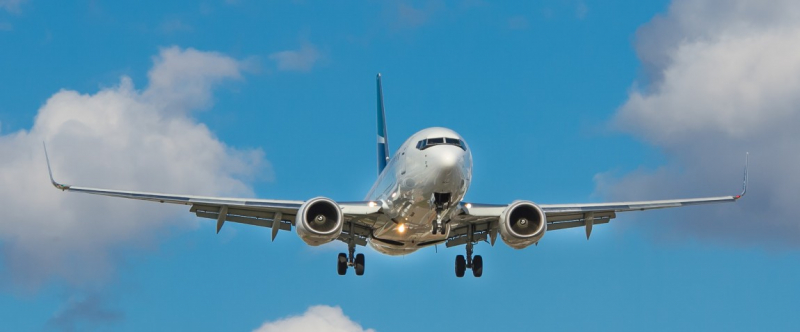
https://onestep4ward.com/ 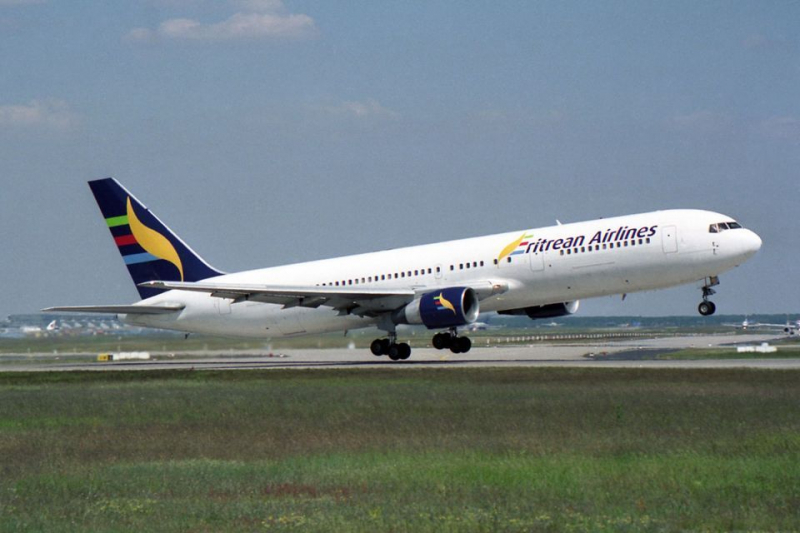
https://onestep4ward.com/ -
Are you considering relocating to Eritrea for the long term? If you are, you will undoubtedly be interested in learning more about Eritrean naming culture. The Eritreans do not believe in family names and instead give their children separate first names when they are born. It is a person's first name that they will use for the rest of their lives. This is absolutely one of the things to know before traveling to Eritrea.
For naming culture, if you want to stay among these folks for a long time, you'll have to blend in and, more than likely, alter your name. A father's name is used as the second name and may be followed by a grandfather's name in official paperwork to distinguish several persons with the same first name.
If you marry an Eritrean man, you will not need to alter your second or third names; instead, you will use the patronymic (father's name) that your husband's family has used from birth. Eritrea and Ethiopia employ a naming system that does not include family names and instead consists of a single personal name plus a patronymic. This is comparable to the name rules used in Arabic, Icelandic, and Somali languages.
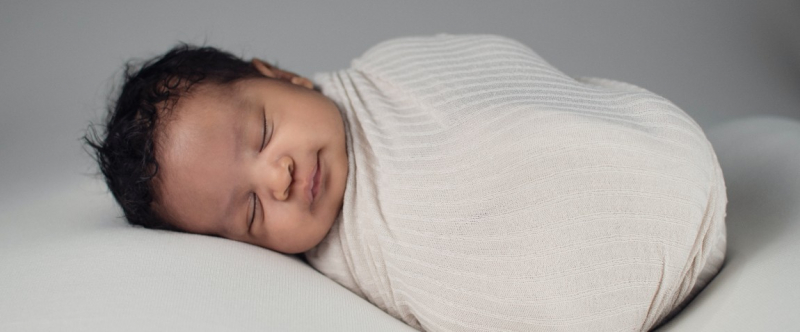
https://www.momjunction.com/ 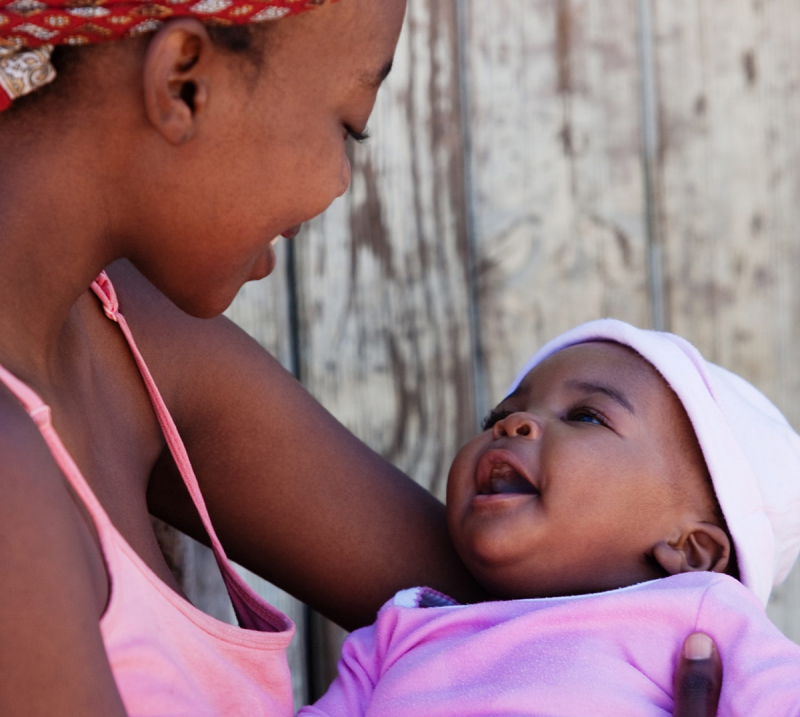
https://www.momjunction.com/ -
Cycling has been popular in Eritrea since colonial domination, whether as a sport or a mode of transportation. The culture was introduced into the nation by the Italians when it was still governed as one of their colonies. Asmara, Eritrea's city, is usually buzzing with activity, full with bikers who are either commuting to work or cycling for fun and fitness. This is absolutely one of the things to know before traveling to Eritrea.
Once you are in Eritrea, you will easily merge into the riding culture. In short-distance places, getting a bicycle might help you save money on transportation. You may also participate in completing or evening cycling to stay in shape. Asmara's reputation as a cycling destination arose as a result of its location on a 2.3-kilometer-high plateau. Eritrea's capital is also very dry, making it ideal for cycling. The most popular sport in Eritrea is cycling. Competitive cycling, which was introduced by the Italians, is a source of pride among the community.
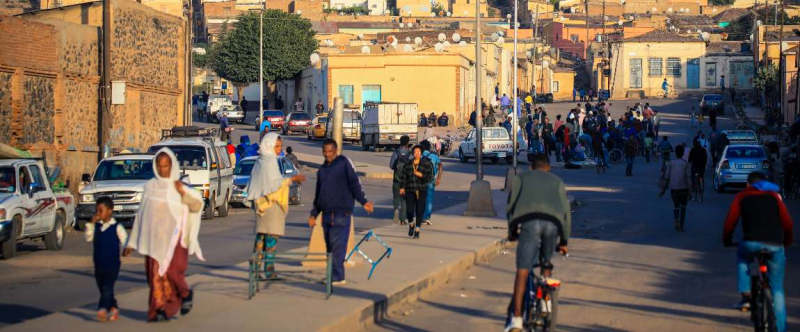
https://www.theglobeandmail.com/ 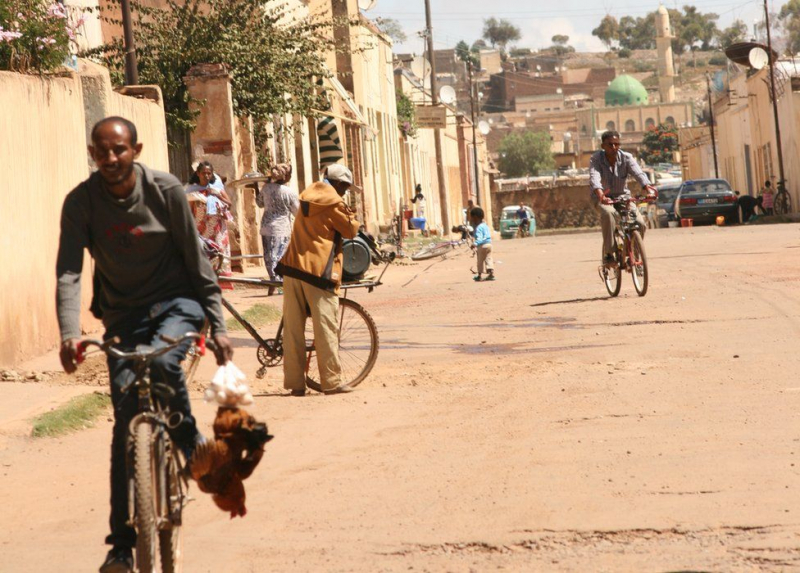
https://www.theglobeandmail.com/ -
Eritrea is one of the world's least connected countries, with only approximately 1% of its 6 million-strong population using the internet. The 1% of Eritrea's population who uses the internet has to deal with bad connectivity and slow speeds. In Asmara, there are a dozen internet cafés scattered across the city where you may access the internet.
You will be charged 15 nakfa (less than a dollar) every hour for internet access. For internet access, hotels like as the Crystal Hotel will charge you 100 Eritrean nakfa every day. Due to a lack of required roaming agreements and poor Internet Connection, foreign SIM cards will not operate in Eritrea. Obtaining a local SIM card would entail a lengthy bureaucratic process that would be ineffective due to Eritrea's lack of a 3G network. You may connect to the Ethiopian network and access data on your smartphone as you get closer to the Ethiopian border.
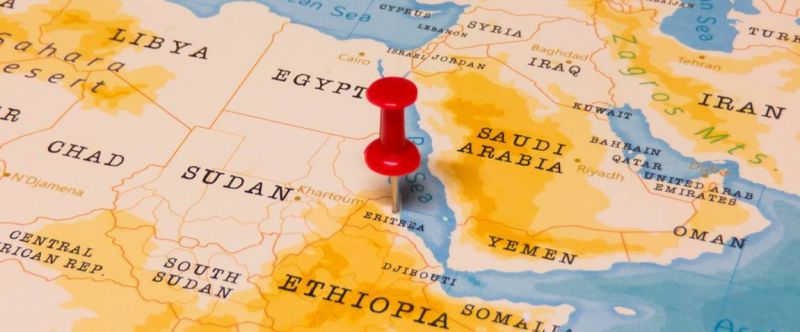
https://pickvisa.com/ 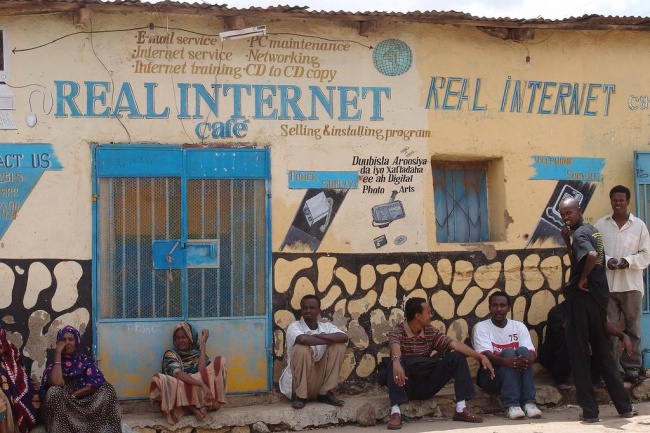
https://pickvisa.com/ -
Eritrea is a place where you can't go back, and that's somehow related to refugee cases. This is absolutely one of the things to know before traveling to Eritrea. You might be wondering what's causing Eritrea's rising refugee population. The country has certain harsh rules that require the country's young to serve in the National Service for as long as the government desires, with pitiful compensation. Those who are unable to pay the traffickers are sold for 15,000 euros per person to other traffickers, primarily Egyptians, who will harvest their organs.
All of effort is done in the face of inclement weather, scarcity of food and drink, refugee cases, and tedious routines. There is a tension in the family, and the young people's ambitions are frustrated. Many Eritreans are making their way out, and once they've done so, they don't appear to want to return. You can image how difficult it must be for foreigners attempting to settle in Eritrea if the Eritreans are having difficulty surviving there. The inhabitants find it difficult to be friendly and hospitable because of the severe environment.
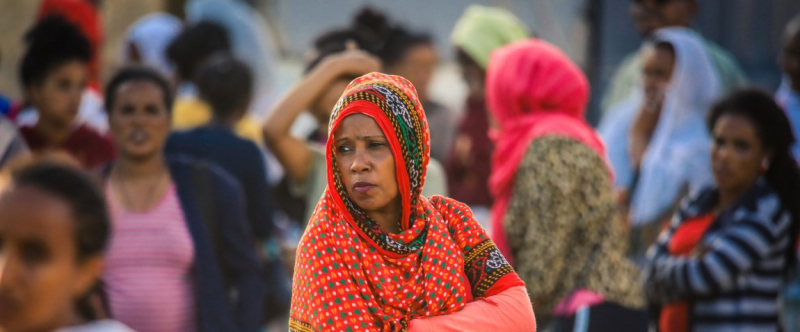
https://www.middleeastmonitor.com/ 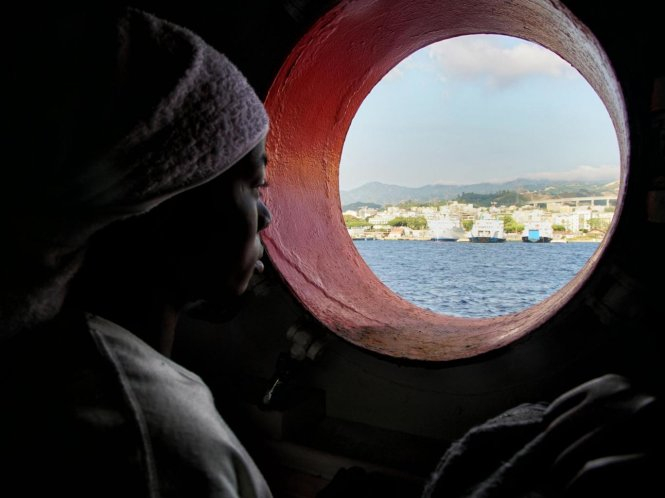
https://www.middleeastmonitor.com/ -
Eritrea has no official language. Eritrea is a multilingual country with no one official Eritrean language to unify its citizens and tourists. The Tigrinya language is spoken by more than half of the Eritrean population. It is widely spoken and regarded Eritrea's principal language, and it might be deemed Eritrea's national language if such a designation were to be made.
Beja, Afar, Kunama, Bilen, Dahlik, Saho, Nara, and Tigre are some of Eritrea's other native languages. If you know any Italian, though, you may find it easier to travel to Eritrea. Up until 1941, Eritrea had been under Italian occupation for more than 50 years, and most older Eritreans speak with an Italian accent of varied degrees.
As a result of lack of official language, you can meet people who speak fluent Italian who can assist you during your stay. The majority of Eritrea's tourist workers are proficient in Italian, making it even simpler for travelers who know the language to obtain quick assistance when they arrive in the nation.
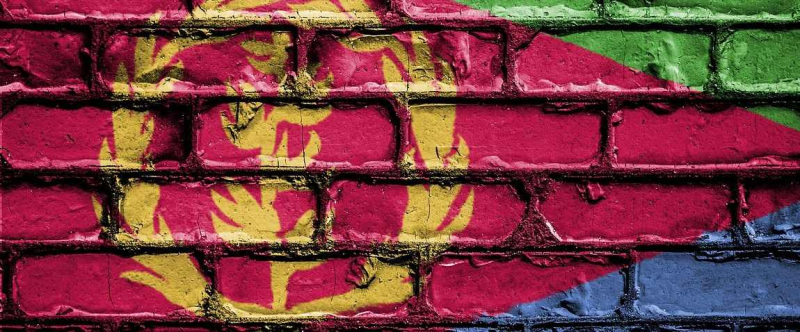
https://www.middleeastmonitor.com/ 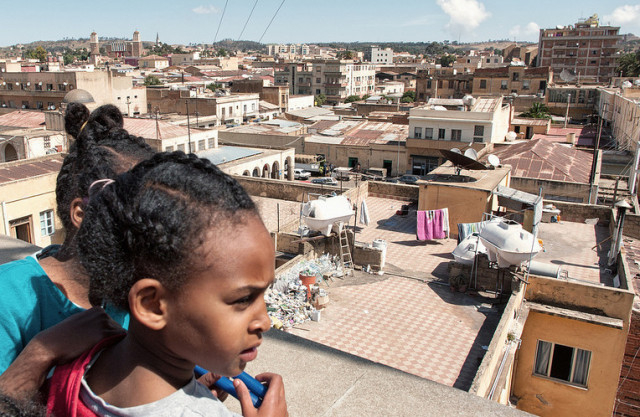
https://www.middleeastmonitor.com/ -
The Italian Steam Locomotive is one of Eritrea's principal modes of transportation for tourists. When you enter the nation, you have the unique opportunity to enjoy this ride, which provides you an experience that only the country's older residents experienced during colonial times.
Despite being sluggish (moving at roughly 10 km/h) and very inconvenient, the Italian Steam Locomotive is nevertheless less expensive than reserving a full automobile. The railway appears to run exclusively when visitors throng to the nation during peak vacation seasons in the West. If you visit Eritrea at these times, you will most certainly encounter a large number of other foreigners on the same train, which may or may not be a pleasant experience.
When the train is running, people stampede for seats, which may lead to physical conflicts, and you may find yourself in the middle of one of these fights. And now, the government of Eritrea has reconstructed a portion of those locomotives, the first four, which were the subject of the revised transfer agreement and executed by my modification to the 2016 decree orders, and they are expected to return to service in a few weeks.
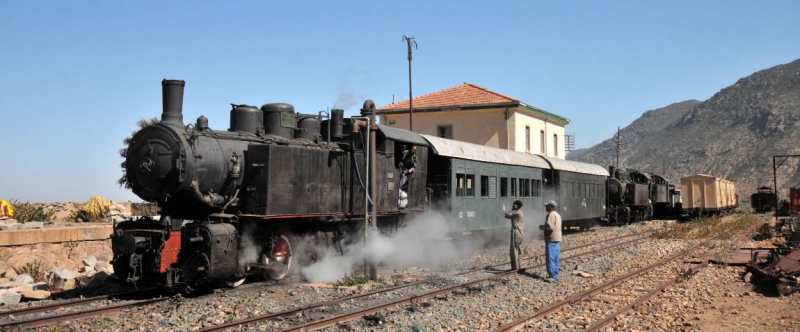
https://www.tesfanews.net/ 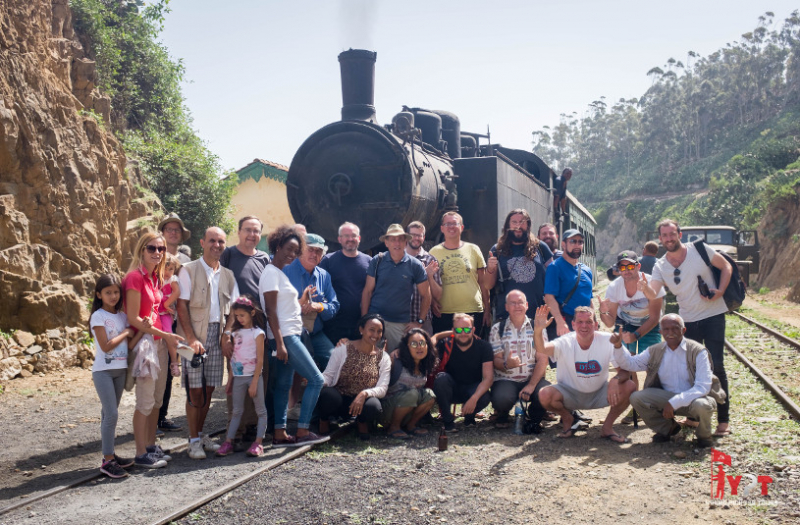
https://www.tesfanews.net/ -
Eritrean Cuisine will entice you to return to Eritrea time and time again. You will undoubtedly find a diverse choice of delicacies due to the country's different ethnic groupings. Despite this diversity, there is a common thread that runs through virtually all Eritrean recipes that will make you recognize you're eating an Eritrean dinner.
The majority of the cuisine are Tsebhi, a stew that is akin to curry and eaten over a spongy flatbread called Taita. Berbere, a distinctive spice combination made from chili powder and fenugreek and utilized in the creation of most Eritrean foods, is also a must-try.
The Eritrean dried meat stewed in a spicy sauce known as quanta is unquestionably delicious. Other dishes to try are Kitfo (minced meat marinated in spices and herbs), Zilzil (marinated beef), Alicha (mild meat stew), Dorho (spicy chicken), and Shiro (stew made from crushed chickpea flour, onions, and tomatoes), among others.
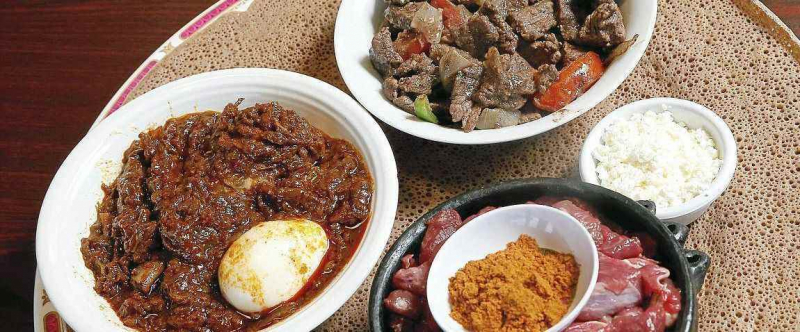
https://pickvisa.com/ 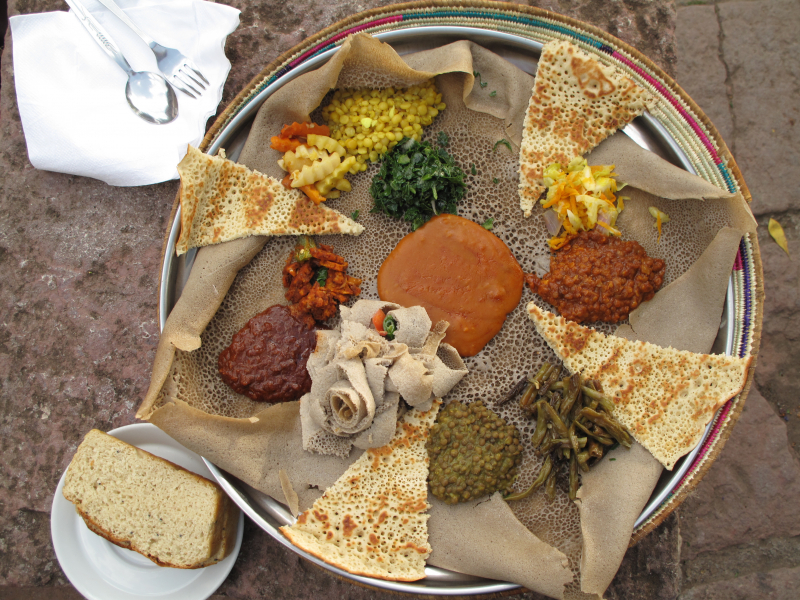
https://pickvisa.com/ -
The Eritrean constitution guarantees Eritreans the right to freedom of religion or belief, however it has remained dormant since it was ratified in 1997. Many Eritreans have been left perplexed while attempting to practice their right to freedom of worship as a result of this.
If you visit Eritrea and wish to enjoy your religious freedom, you may only do so if your faith is one of the four recognized religions. Only the Eritrean Orthodox Church, Sunni Islam, the Roman Catholic Church, and the Evangelical Church of Eritrea are recognized by the Eritrean government.
Eritrea's religion is dominated by Abrahamic faiths. The Eritrean government has recognized the Eritrean Orthodox Tewahedo Church, the Eritrean Catholic Church, the Eritrean Evangelical Lutheran Church, and Sunni Islam since May 2002.
All other faiths and denominations are obliged to register in theory, but they are not allowed to register in practice. The government's registration system, for example, compels religious organizations to provide personal information about their members in order to worship.
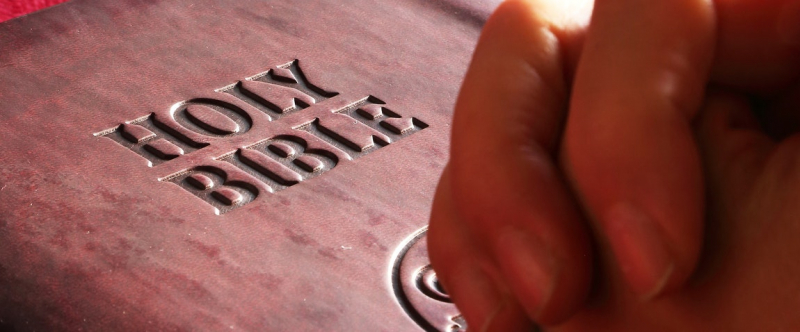
https://en.wikipedia.org/ 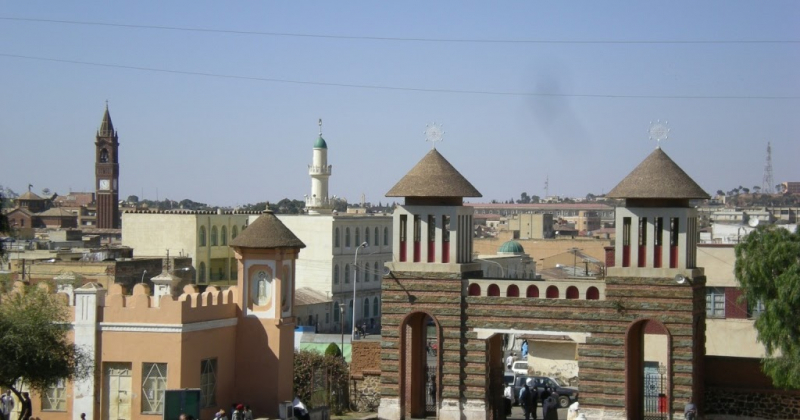
https://en.wikipedia.org/ -
In terms of accommodation, the hotel conditions in Asmara range from terrifying to standard. If you want to stay for less than $100, you'll have to forsake hot water and learn to use electrical plugs. You will also have to deal with a sluggish internet connection or pay extra expenses due to internet connection issues.
It may be difficult to locate a bed in your desired price range at certain periods of the year, particularly during the summer holidays when Eritreans from outside come in large numbers, but this is rarely an issue. In the upper-tier hotels, you will only be allowed to book from abroad.
Privately operated hotels are usually cleaner and more welcoming than government-run hotels, and they provide better customer service. Many of the self-contained 'pensions' are also sufficient. Low-cost pensions are frequently used as brothels, and you usually get what you pay for - very little. The availability of water and power is unreliable. Accommodation is also one of the things to know before traveling to Eritrea.
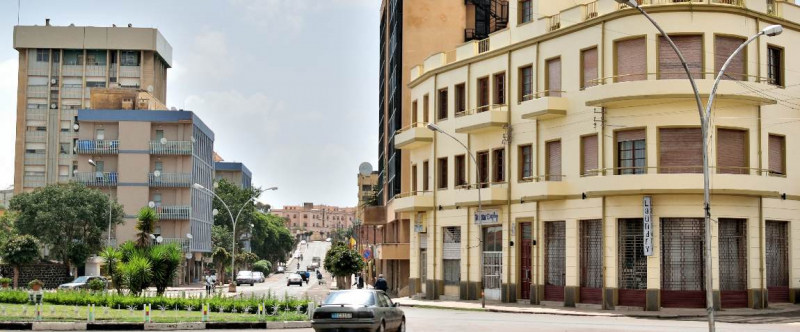
https://turuhi.com/ 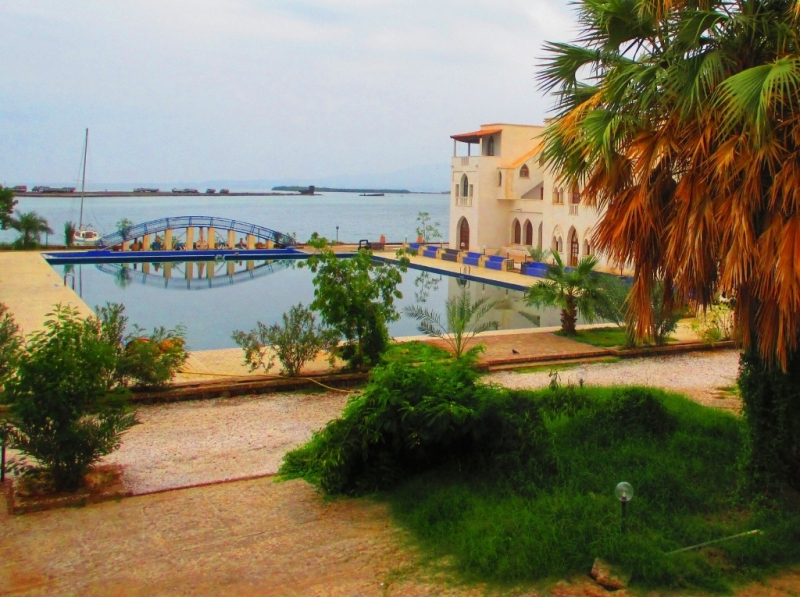
https://turuhi.com/ -
Eritrea's many ethnicities celebrate a variety of festivals that highlight the country's unique culture. Religious traditions, as well as harvest festivities, are observed throughout the year. Locals are frequently seen on pilgrimages and conducting rituals. Holidays that are not religious are also regularly observed.
The National Festival Eritrea is one Enitrea celebration that you should not miss if you visit the country. This vibrant festival comprises a variety of cultural performances that honor the diversity of ethnic groups, including plays, traditional storytelling, sports, movies, music, and contests to promote togetherness.
On top of the list of festivals, the Orthodox Epiphany is a significant holiday. This Christian festival remembers the Three Wise Men's presenting of Baby Jesus to them. It also marks the conclusion of the Christmas season's 12 days, with the yearly celebration taking place in January.
You may also have a good time on New Year's Day. On January 1, Eritrea joins the rest of the globe in celebrating the New Year. It is usually commemorated with the slaughter of a goat or a sheep as a gesture of sacrifice to the gods.
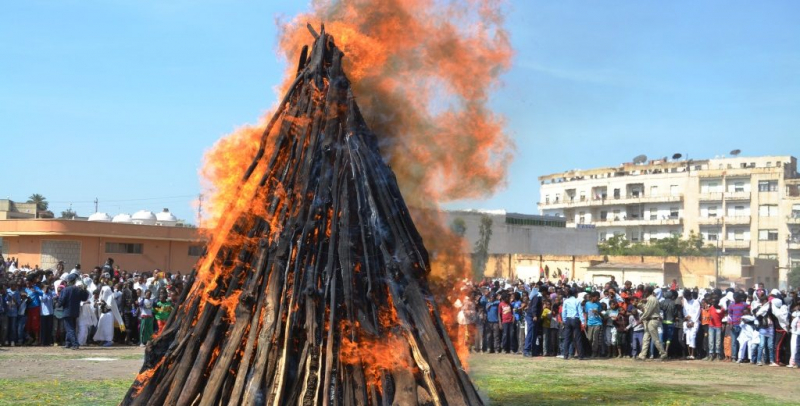
https://www.youngpioneertours.com/ 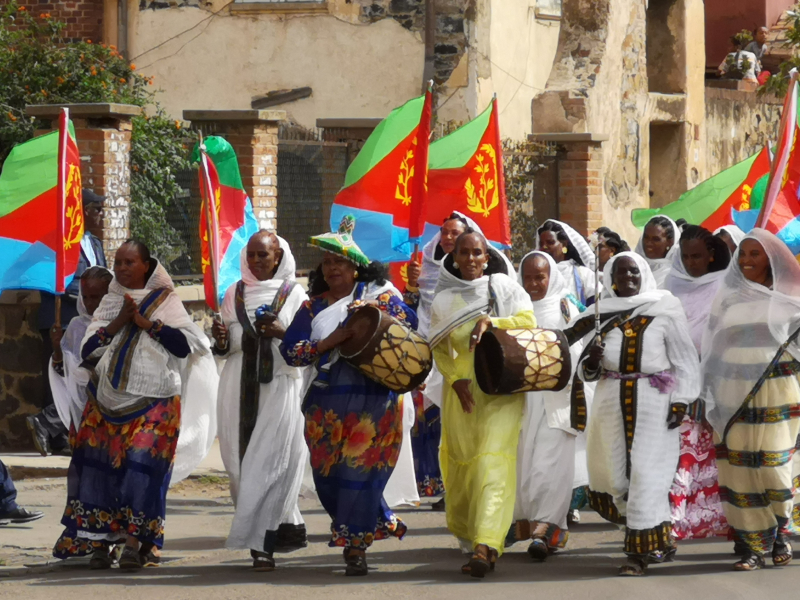
https://www.youngpioneertours.com/













